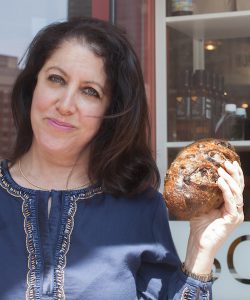Ep. 99: Jennifer Morgan – Executive Director, Greenpeace International ||
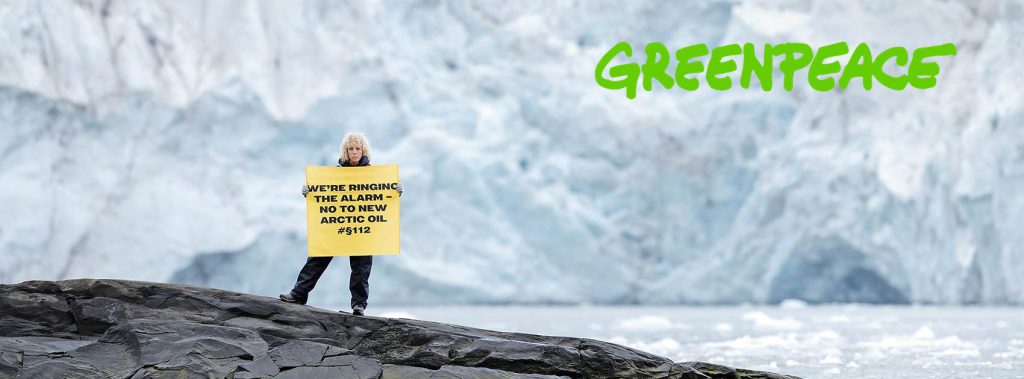
Joining for ep. 99 is the Executive Director of Greenpeace International, Jennifer Morgan. For 50 years, Greenpeace has been fighting for ecological justice. Now, arguably the pre-eminent non-governmental voice instigating environmental action, Greenpeace has a focused lens on addressing climate change, deforestation, overfishing, commercial whaling, genetic engineering and orchestrating anti-nuclear campaigns.

In 2019, there were approximately 4000 Greenpeace staff working for Greenpeace International and its offices around the globe, alongside tens-of-thousands more volunteers and passionate activists! The co-ordinating body of Greenpeace International represents the collective actions of 27 independent national and regional organizations in over 55 countries and regions across Europe, the Americas, Africa, Asia and the Pacific. In our 45 minute discussion we cover how Jennifer and her global team makes sense of all of the moving parts. We learn how the preservation of biodiversity is the lifeblood of Greenpeace’s activism.
.
We hear more about the lineage of the organization, and how Jennifer came to lead efforts with this world renowned ecologically focused juggernaut set on “ensuring the ability of the Earth to nurture life in all its diversity”. We discuss where Greenpeace plays in the Paris accord, and how the United States should not just be re-entering the agreement, but lead in future efforts to define substitutive and quantifiable climate actions.
.
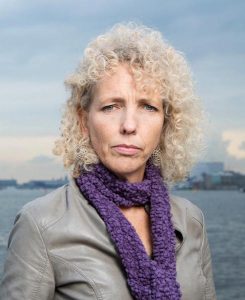 A focus area of our conversation is the utilization and shepherding of regenerative natural resources. Specifically, with the production of food. What humans eat from land and sea has a vast impact on the planet and its inhabitants. In our conversation we explore how food values may materialize as a unique angle to drive environmental awareness with broader audiences. How much of the global population can choose these food values as a way to take environmental action, 3-times daily. We also explore concerns of food insecurity, for those who don’t have access to enough food or nutriment in the developing world and within some of the richest countries on the planet. Food insecurity is real, and we learn what Greenpeace is doing to address impending problems throughout these diverse corners for often marginalized communities. One thing is for sure, we can’t keep exhausting regenerative natural resources just to generate more calories that may never reach the target audience. It’s ecological suicide.
A focus area of our conversation is the utilization and shepherding of regenerative natural resources. Specifically, with the production of food. What humans eat from land and sea has a vast impact on the planet and its inhabitants. In our conversation we explore how food values may materialize as a unique angle to drive environmental awareness with broader audiences. How much of the global population can choose these food values as a way to take environmental action, 3-times daily. We also explore concerns of food insecurity, for those who don’t have access to enough food or nutriment in the developing world and within some of the richest countries on the planet. Food insecurity is real, and we learn what Greenpeace is doing to address impending problems throughout these diverse corners for often marginalized communities. One thing is for sure, we can’t keep exhausting regenerative natural resources just to generate more calories that may never reach the target audience. It’s ecological suicide.
.
Jennifer Morgan became Executive Director of Greenpeace International in 2016. Formerly, Morgan was ‘Global Director for the Climate Program’ at the World Resources Institute. Additionally, she was ‘Global Climate Change Director’ at Third Generation Environmentalism (E3G) and she led the ‘Global Climate Change Program’ at the Worldwide Fund for Nature (WWF). She is passionate about helping countries, governments and individuals take positive action to achieve a zero-carbon future, and is a strong proponent of the need of companies to “go green” and invest in sustainable technologies.
.
Tune in to hear Jennifer’s thoughts on how antagonizing and instigating change has set forth numerous efforts by Greenpeace to realize lasting impact on a shrinking planet.
photo credit: Greenpeace International & Roland Berger


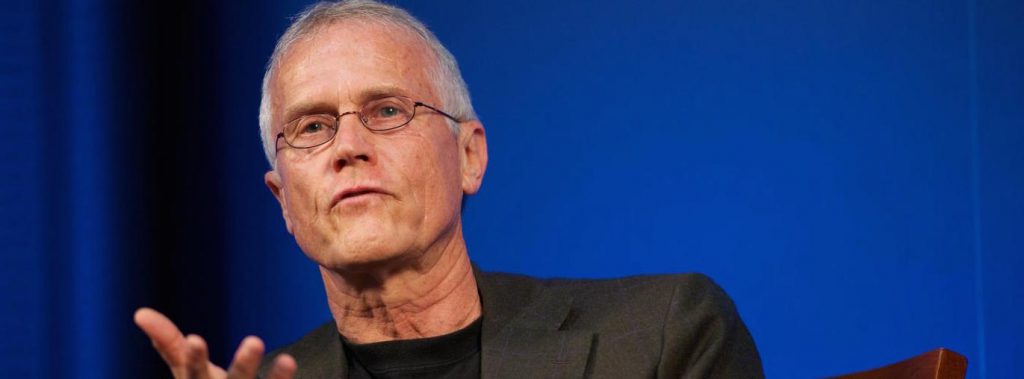
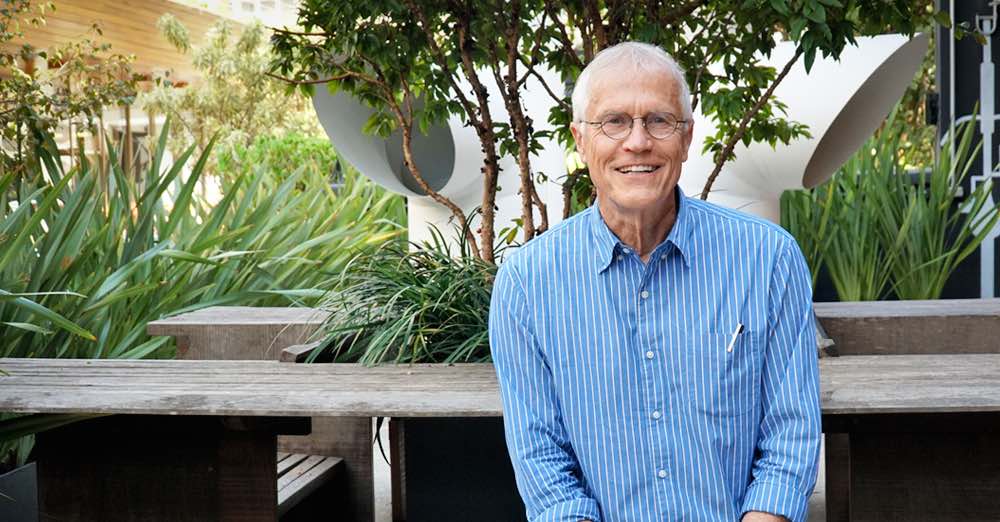
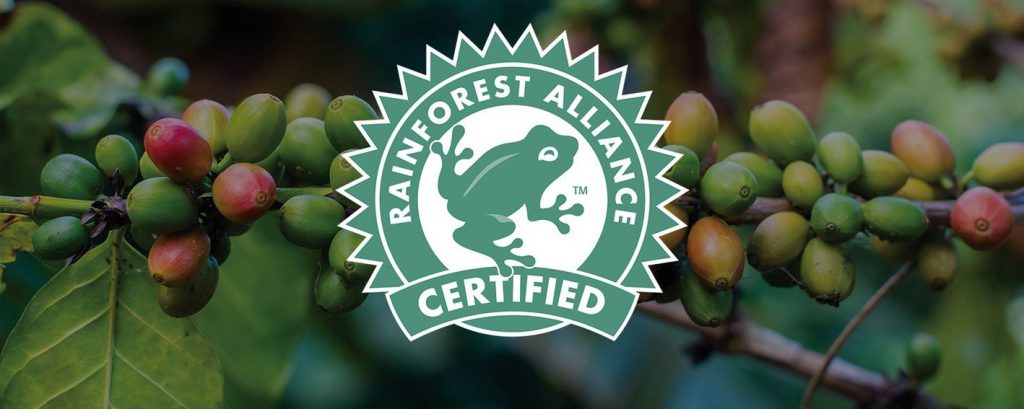
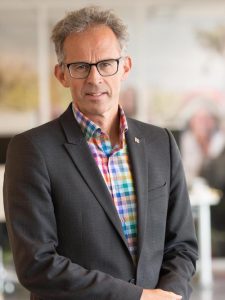 Han has dedicated his career to sustainable development. After studying economics at the University of Wageningen, he worked for more than 12 years at Oxfam Novib, eventually leading the organization’s work in Eastern and Southern Africa. In 1998 Han joined the Dutch government. From 2005 to 2010, he held various positions at the Ministry of Agriculture, Nature and Food Quality, including Deputy Director for Nature. Joining as co-host in episode 94 is Mike Bellamente. Mike invested many years helming Gary Hirshberg’s environmental accountability organization. As former Executive Director at Climate Counts Mike gained traction and the attention of huge brands, and over 20K high-impact followers. Bellamente lead this third-party certifier of Green/Sustainable corporate practice into the mainstream – via the wallets and ideology of consumers who care. Mike now uses his developing company ‘Naked Bullfrog’ to empower more consumer engagement throughout their local & regional communities.
Han has dedicated his career to sustainable development. After studying economics at the University of Wageningen, he worked for more than 12 years at Oxfam Novib, eventually leading the organization’s work in Eastern and Southern Africa. In 1998 Han joined the Dutch government. From 2005 to 2010, he held various positions at the Ministry of Agriculture, Nature and Food Quality, including Deputy Director for Nature. Joining as co-host in episode 94 is Mike Bellamente. Mike invested many years helming Gary Hirshberg’s environmental accountability organization. As former Executive Director at Climate Counts Mike gained traction and the attention of huge brands, and over 20K high-impact followers. Bellamente lead this third-party certifier of Green/Sustainable corporate practice into the mainstream – via the wallets and ideology of consumers who care. Mike now uses his developing company ‘Naked Bullfrog’ to empower more consumer engagement throughout their local & regional communities.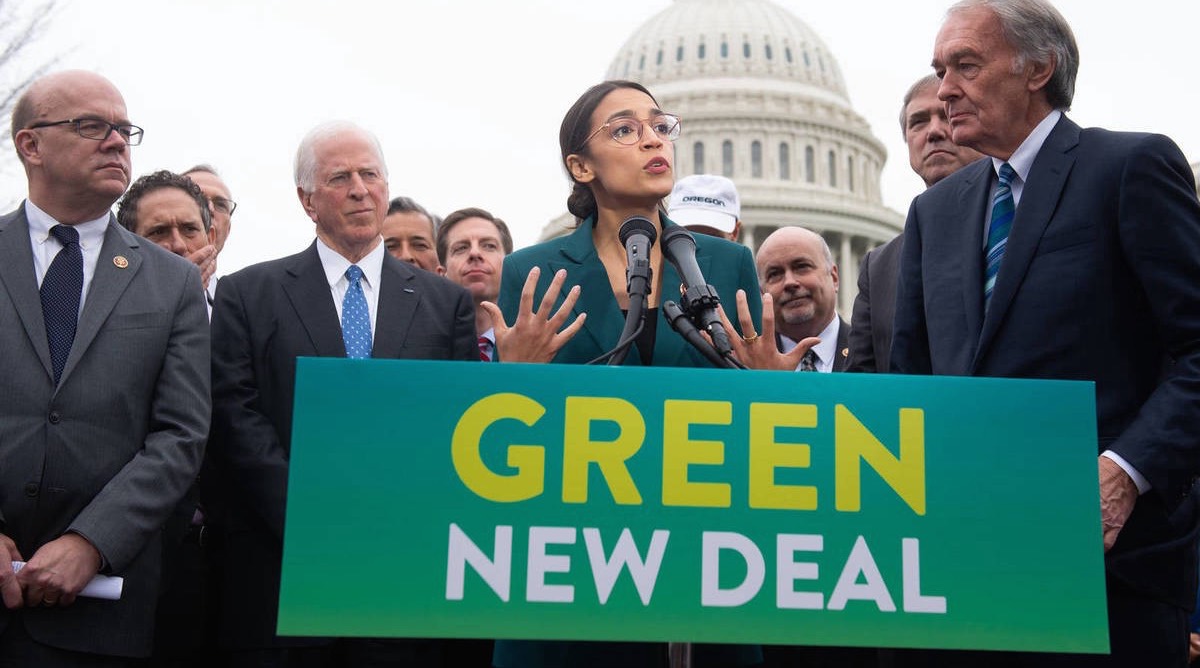
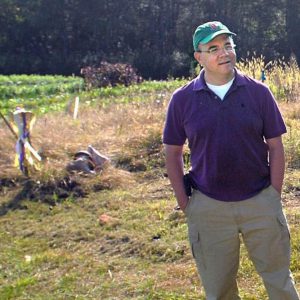
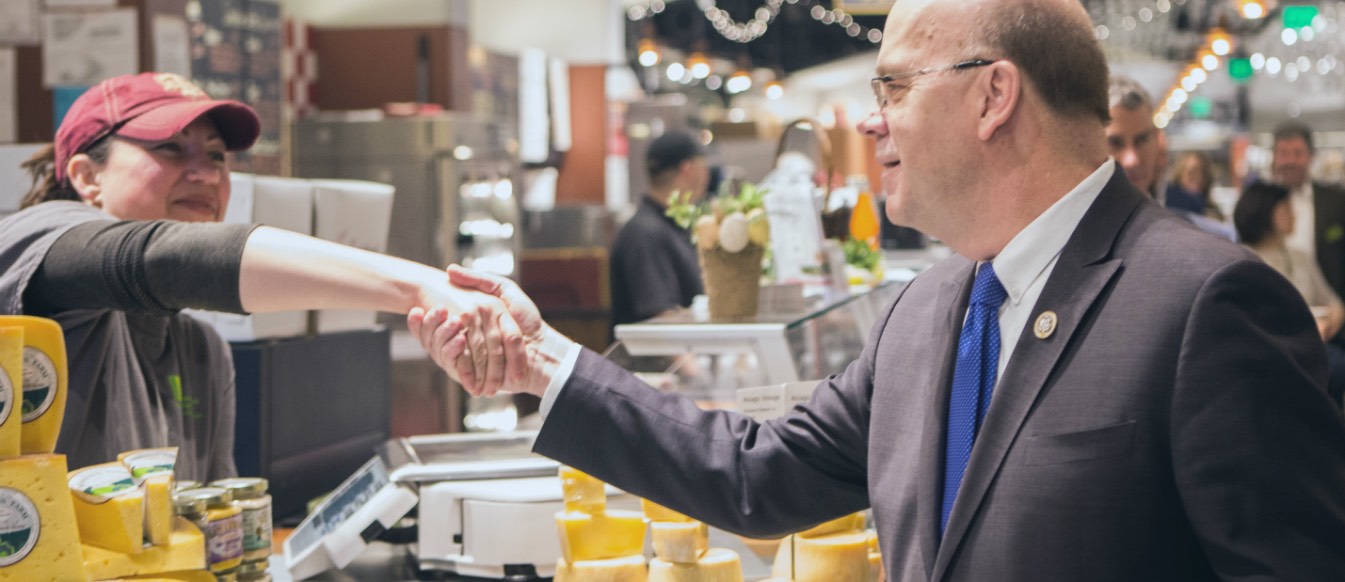
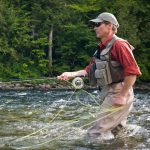
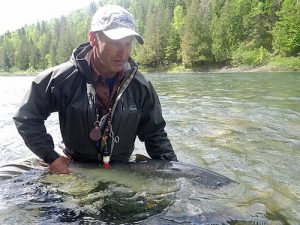
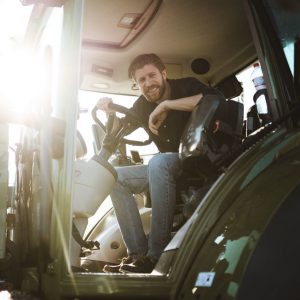 Through regenerative food production and forestry management; through hunting excursions and land stewardship initiatives; through a royal bed & breakfast and restaurant – Bösel offers patrons a unique experience dedicated to capturing and sharing the vitality found in nature’s systems. Since Benedikt has taken the reins of this 7500 acre estate located 1 hour east of Berlin – it’s become an Agtech innovation hot-bed, and an epicenter for testing / implementing Regenerative Natural Resource Management at scale.
Through regenerative food production and forestry management; through hunting excursions and land stewardship initiatives; through a royal bed & breakfast and restaurant – Bösel offers patrons a unique experience dedicated to capturing and sharing the vitality found in nature’s systems. Since Benedikt has taken the reins of this 7500 acre estate located 1 hour east of Berlin – it’s become an Agtech innovation hot-bed, and an epicenter for testing / implementing Regenerative Natural Resource Management at scale.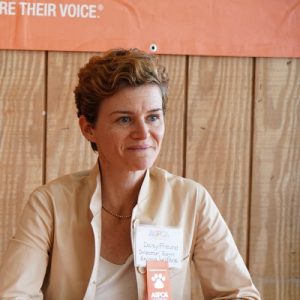 As you’ll hear, Daisy is on a mission to harmonize the interests of consumers, advocates and business through her programs. In our 40 minute conversation we learn more about how these new consumer facing platforms can be used in your day-to-day. We discover what drove the ASPCA to include farm animals in their focus – along with companion animals. We hear about Daisy’s background and influences which has lead her to tackle these big problems facing our society today. We also learn how we can take these concerns mainstream – and with what partners. And, we hear how this effort to drive change through empowerment may just be our best path forward in finding shared solutions for diverse stakeholders in food.
As you’ll hear, Daisy is on a mission to harmonize the interests of consumers, advocates and business through her programs. In our 40 minute conversation we learn more about how these new consumer facing platforms can be used in your day-to-day. We discover what drove the ASPCA to include farm animals in their focus – along with companion animals. We hear about Daisy’s background and influences which has lead her to tackle these big problems facing our society today. We also learn how we can take these concerns mainstream – and with what partners. And, we hear how this effort to drive change through empowerment may just be our best path forward in finding shared solutions for diverse stakeholders in food.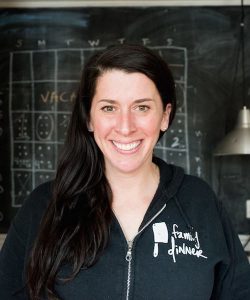 Tune in to our 45 minute discussion to hear how Erin’s background in data science is now impacting regional food sourcing, and production. In codifying a smarter supply chain and being more in-tune with the interests of a modern consumer – Family Dinner is developing scalable tech which would allow anyone to take advantage of regional assets – for anywhere. But, as we learn from Erin – you can’t fake the hard stuff. You need to get your hands dirty and develop the relationships with producers and buyers who are interested in maintaining integrity in their approaches.
Tune in to our 45 minute discussion to hear how Erin’s background in data science is now impacting regional food sourcing, and production. In codifying a smarter supply chain and being more in-tune with the interests of a modern consumer – Family Dinner is developing scalable tech which would allow anyone to take advantage of regional assets – for anywhere. But, as we learn from Erin – you can’t fake the hard stuff. You need to get your hands dirty and develop the relationships with producers and buyers who are interested in maintaining integrity in their approaches.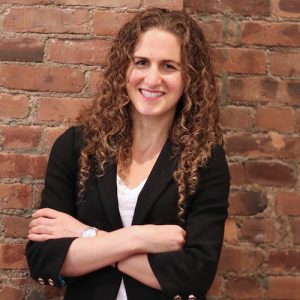 As Senior Advisor to Secretary Tom Vilsack at the U.S. Department of Agriculture, Sara Eckhouse focused on local and regional food systems, organic agriculture, and healthy food access. Sara launched and managed programs to support sustainable agriculture, and she has firsthand knowledge of the opportunities and challenges of combining sustainability with profitability in food value chains.
As Senior Advisor to Secretary Tom Vilsack at the U.S. Department of Agriculture, Sara Eckhouse focused on local and regional food systems, organic agriculture, and healthy food access. Sara launched and managed programs to support sustainable agriculture, and she has firsthand knowledge of the opportunities and challenges of combining sustainability with profitability in food value chains.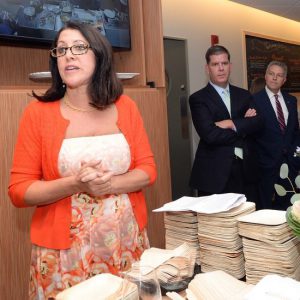 The Boston Public Market launched in 2015 as a year-round indoor market with the mission of bringing seasonal and local food to Boston’s downtown crowd. Everything sold at the market initially comes from somewhere in New England. This includes everything from seafood to ice cream and fresh produce. It is operated by the Boston Public Market Association, a nonprofit organization born from the collaboration between the city of Boston and the Commonwealth of Massachusetts.
The Boston Public Market launched in 2015 as a year-round indoor market with the mission of bringing seasonal and local food to Boston’s downtown crowd. Everything sold at the market initially comes from somewhere in New England. This includes everything from seafood to ice cream and fresh produce. It is operated by the Boston Public Market Association, a nonprofit organization born from the collaboration between the city of Boston and the Commonwealth of Massachusetts.